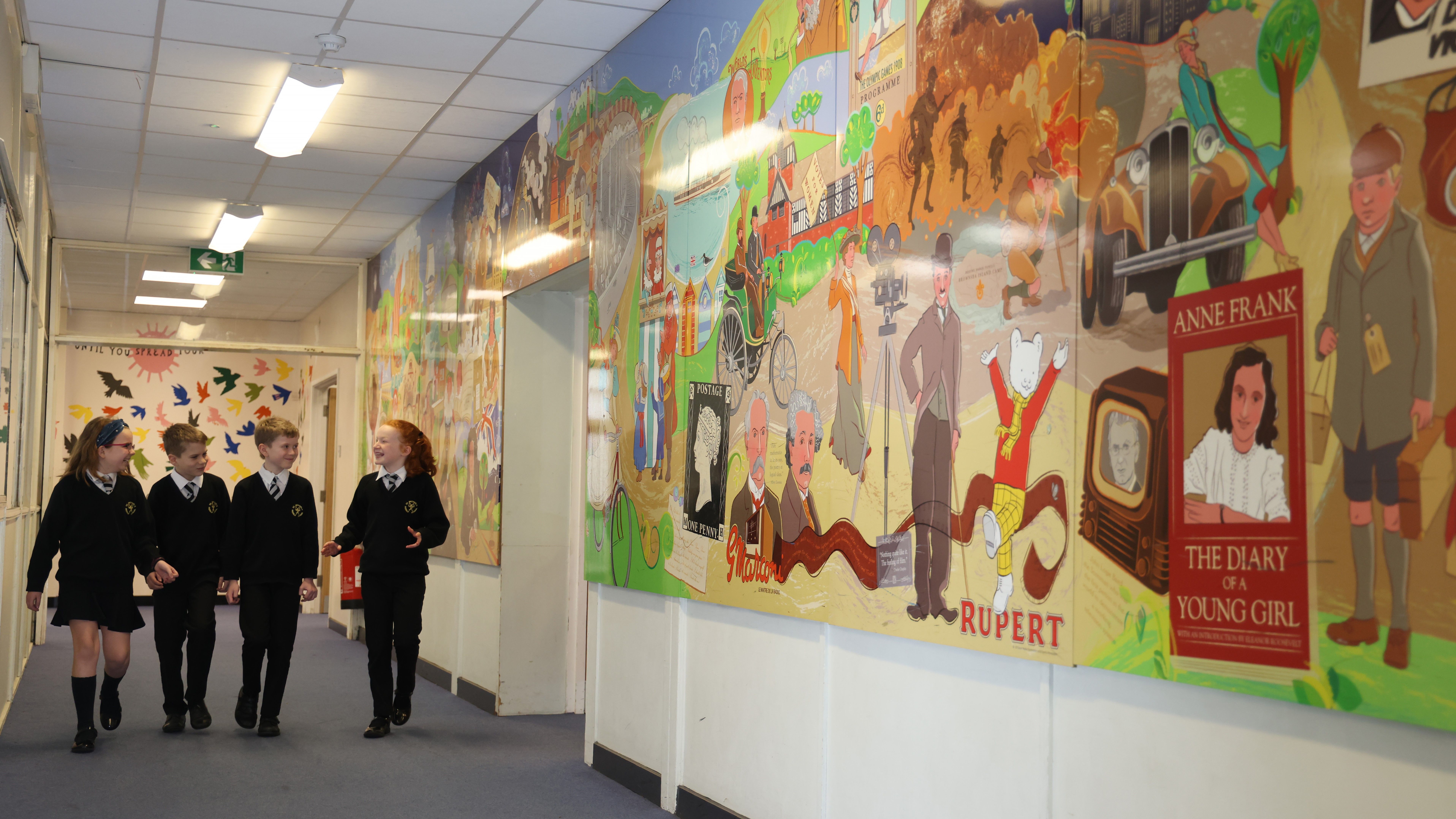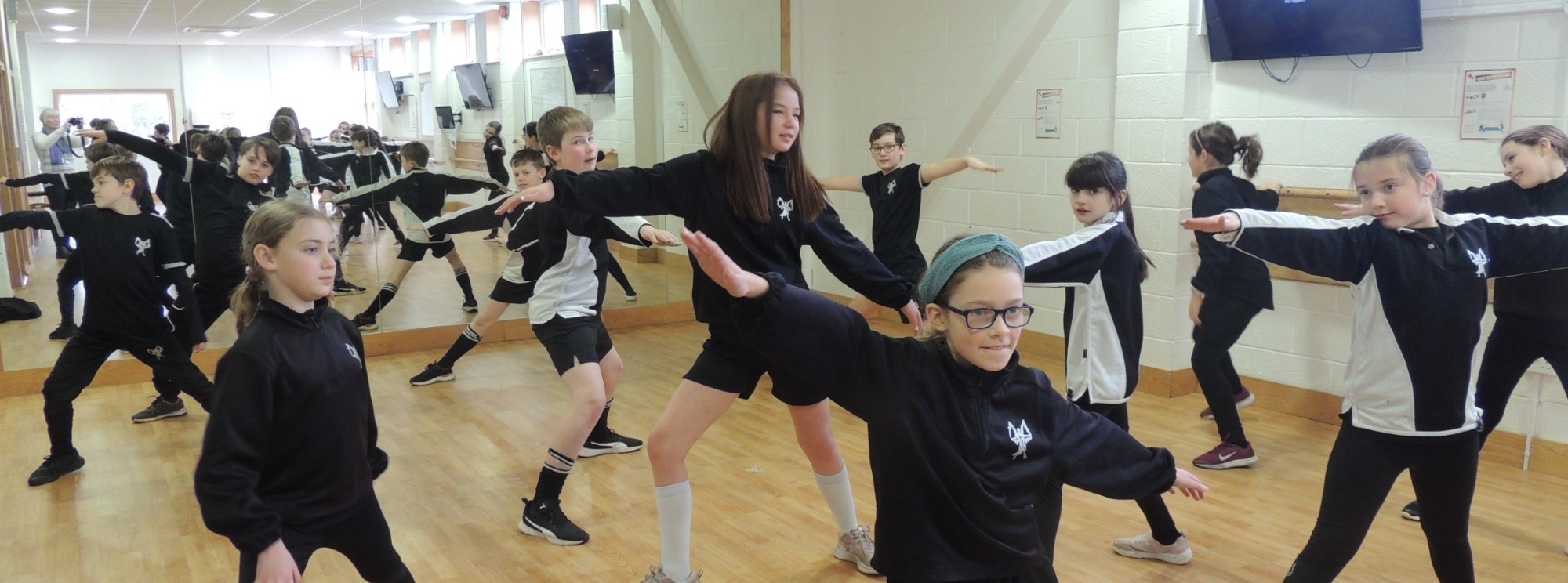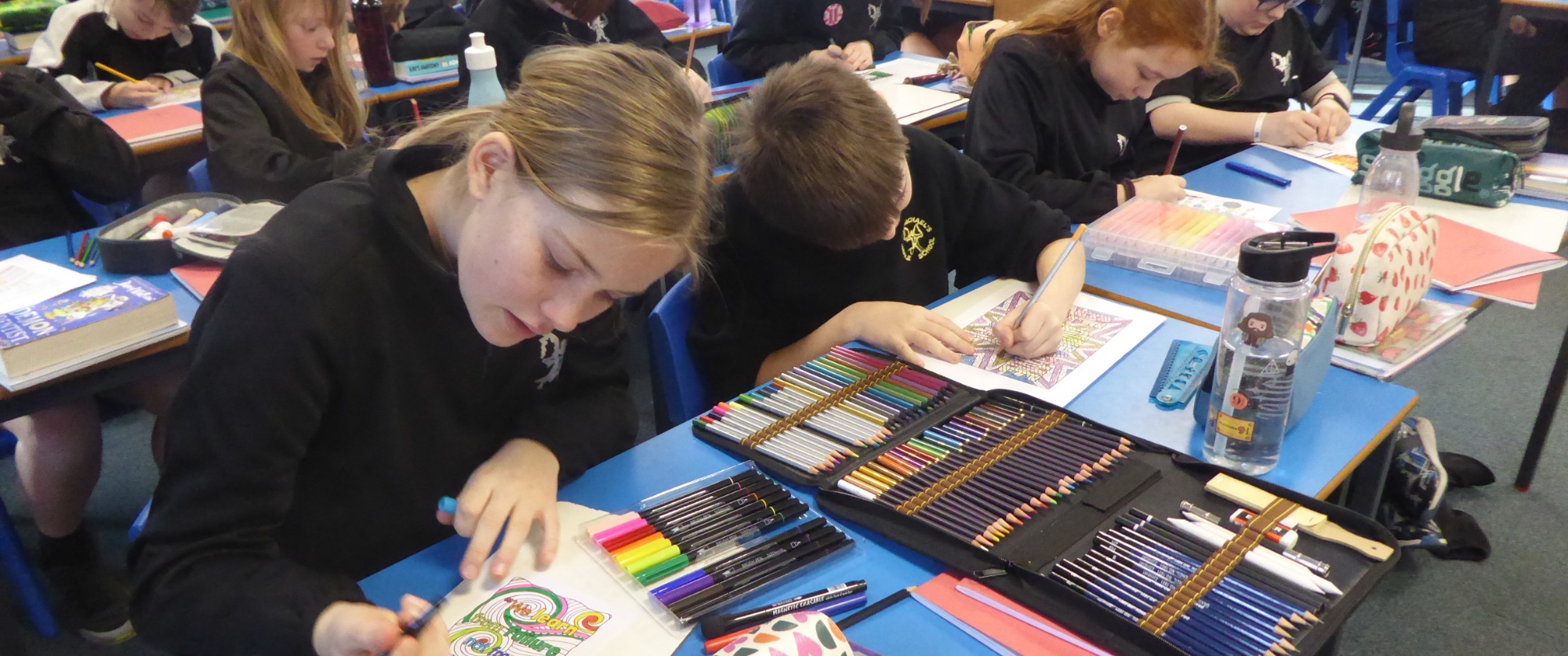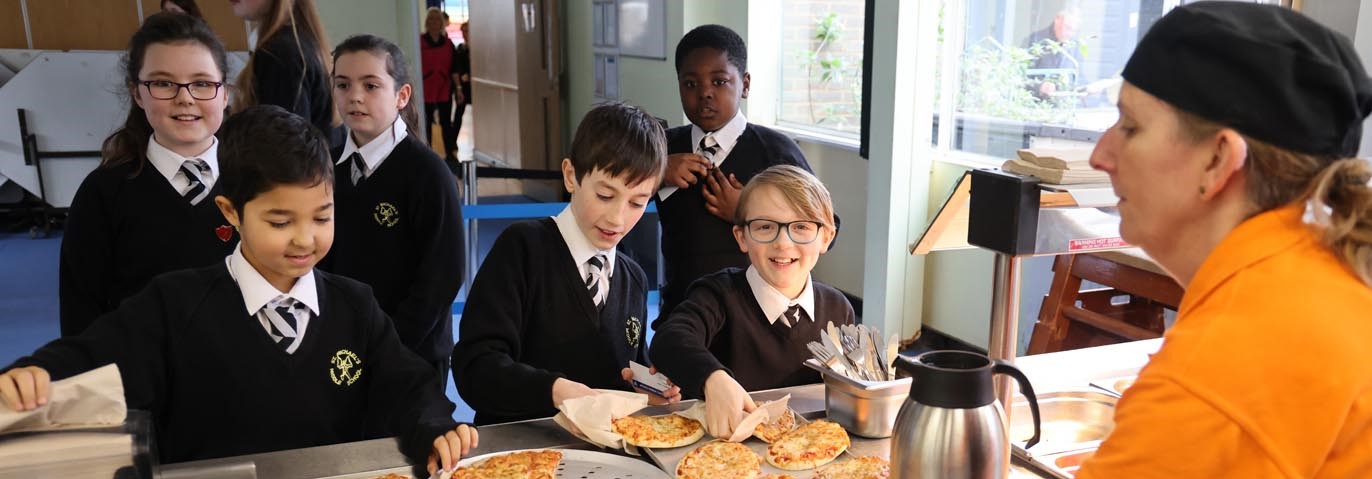Science
At St. Michael's we believe that being scientifically literate, in the broadest sense, is key to being an informed citizen. This 'scientific literacy', allows for comprehension and analysis of ideas and well-reasoned, evidence-based judgements to be made about theories and issues on a local, national and global scale. Our curriculum will enable pupils to move on confidently to undertake GCSE in their chosen Upper School.
Subject Statement
In Science, we aim to produce resilient, inquisitive, confident learners willing to 'give things a go'. We will do this by systematically teaching conceptual understanding of the key domains of Biology, Chemistry and Physics. These will be taught alongside the disciplinary knowledge and enquiry skills required to 'approach things scientifically'.
Through a carefully sequenced curriculum, pupils will build a base of knowledge and skills and will be challenged to apply them to new situations.
Core Values
Science builds ASPIRATION by:
Challenging pupils to think and behave like scientists. It gives learners opportunities to develop an understanding of the nature processes and methods of science through different types of scientific enquiry that help them to answer scientific questions about the world around them.
Science builds BELIEF by:
Allowing pupils to explore how science, and essentially how they, fit into the wider world. Encouraging them to have a belief that they too can make a difference, however big or small that may be.
Enabling pupils to value differences in opinions and to evaluate them based on the best evidence available to them.
Science builds CREATIVITY by:
Allowing pupils to follow the scientific method and design their own investigations.
Discussing how scientists approach issues and find solutions.
Wider British Values
St Michael’s is a Church of England school which believes that supporting children’s development of character and values, including the core British values of democracy, mutual respect, liberty and the rule of law, is an essential part of equipping young people to thrive as citizens in the world of the future. Science actively supports this by:
- Discussing British scientists and their impact on the world.
- Teaching tolerance and mutual respect of other points of view when covering topics to do with evolution (versus creation), selective breeding, climate change and animal testing.
- Using evidence to build arguments that are respectful of others, e.g. when understanding the damage smoking can do to our health.
- Encouraging teamwork and sharing ideas when preparing experiments.
- Valuing mistakes and persistence as a means to a new understanding.
Where it all fits in
If you are working well in this subject, these are the skills you are learning:
- Problem-solving
- Reasoning (logical arguments)
- Numeracy (further develop their skills in using maths)
- Practical skills (planning and executing experiments, using equipment safely)
- Communication (using technical language/presenting research in a style that suits the individual)
- ICT
- Creativity (generating ideas)
If you like this subject, then these are some of the jobs you can go on to:
- Healthcare – doctor/nurse/care assistant/optician/physiotherapist
- Research – new materials/medicine
- Environmental management
- Biotechnology – artificial limbs/development of equipment/use of microbes
- Forensic Science
- Business – pharmaceutical
- Electrician
- Engineer (Electrical/chemical/civil etc)
To name a few.






